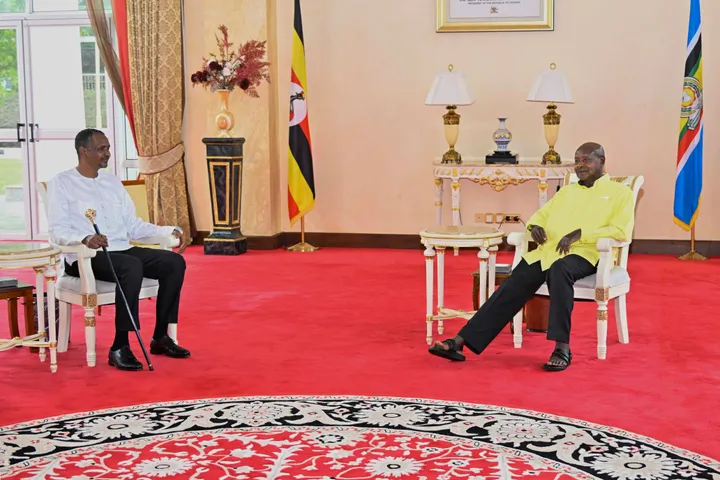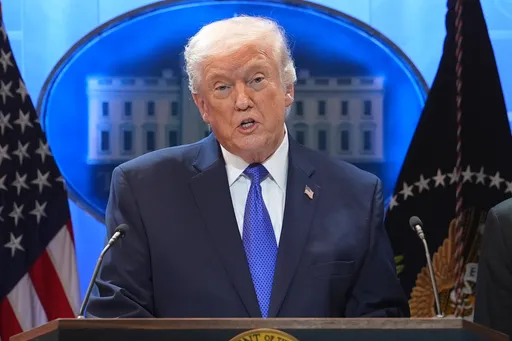A tanker carrying badly needed fuel has arrived in Yemen’s blockaded port of Hodeida as a ceasefire meant to stop the fighting in the war-torn country for two months entered its first full day.
The truce agreement, which took effect on Saturday evening, allowed for shipments of fuel to arrive in Hodeida on Sunday.
It also allows for passenger flights to resume from the airport in the capital of Sanaa. Both Hodeida and Sanaa are held by the Iranian-backed Houthi rebels.
The agreement comes after a significant escalation in hostilities in recent weeks that saw the Houthis claim several attacks across the country’s borders, targeting the United Arab Emirates and Saudi Arabia.
Essam al-Motwakel, spokesman for the Houthi-run oil corporation, said the Saudi-led coalition allowed the vessel — carrying mazut, a low-quality fuel oil — into the port at Hodeida.
The port handles about 70 percent of Yemen’s commercial and humanitarian imports.
READ MORE: Yemen's warring parties agree to two-month ceasefire: UN
Two-month truce
During the two-month truce, the Saudi-led coalition will allow 18 vessels carrying fuel into the port of Hodeida.
It will also allow two commercial flights a week from the Yemeni capital to Jordan and Egypt, according to a copy of the truce obtained by The Associated Press.
The UN envoy has called for both sides to agree on opening roads around Taiz and other provinces, the ceasefire document said.
Taiz, which remains partially held by the forces fighting on behalf of the internationally recognised government, has been blockaded by the Houthis for years.
The UN-announced ceasefire, supported by both sides, is the first time since 2018 that the two sides have publicly agreed on such an initiative.
The war in Yemen that began in 2014 has spawned the world’s worst humanitarian crisis, leaving millions suffering from food and medical shortages.
It has killed over 150,000 people, including fighters and civilians, according to a database project that tracks violence.
READ MORE: Saudi-led coalition launches retaliatory strikes against Yemen's Houthis























